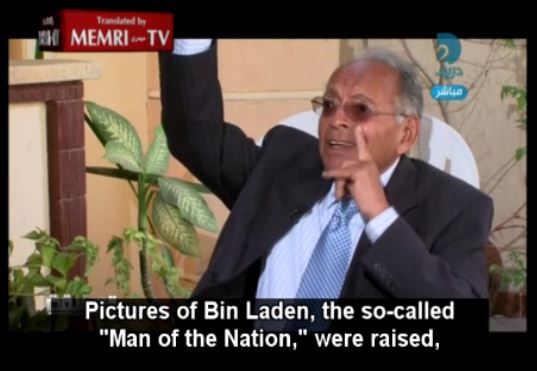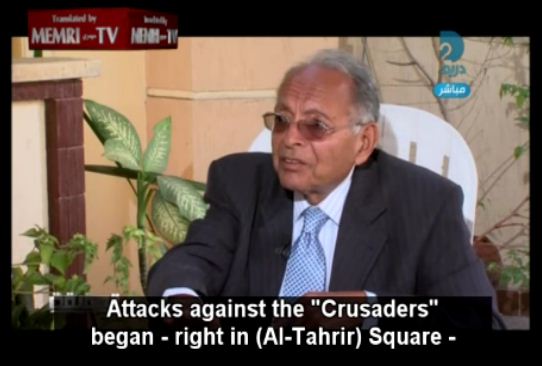| |||||||
The following is research published today from the MEMRI Special Dispatch Series and TV Project. Inquiry & Analysis No. 780—Egypt In the Post-Mubarak Era, Egyptian Salafi-Jihadis Renew Their Da'waBy: R. Green* Since the toppling of the Mubarak regime, the Egyptian Salafi groups, both mainstream and radical, have undergone major developments. The mainstream Salafis have entered Egypt's political life, winning considerable support in the parliamentary elections. These Salafis were discussed in a previous MEMRI report: Egypt's Islamic Camp, Once Suppressed By Regime, Now Taking Part in Shaping New Egypt – Part IV: For First Time in Egypt, Salafis Running in Elections. The following report will focus solely on the radical Salafis: the Salafi-jihadis. One of the byproducts of the political upheaval in Egypt since the January 25 revolution has been the resurfacing of the country's jihadi movement, formerly suppressed and restrained by the Mubarak regime. The movement's reemergence was made possible by two key factors: first, the mass release of political prisoners, many of whom belong to various Islamist movements, including the Egyptian Islamic Jihad (EIJ) and its offshoots; and second, the easing of restraints on free speech. Thanks to these developments, radical clerics and activists, long silenced, resumed preaching Salafi-jihadi ideology in mosques, on websites, and at public events in an attempt to garner support and recruit followers. Like the rest of Egyptian society, the Salafi-jihadis are currently focused on influencing the political future and character of their country. For the time being, the issue of jihad and fighting Islam's enemies is on the back burner, though it is still very much present. In recent written and spoken statements, the Salafi-jihadi clerics have focused mainly on their vision of an Islamic state and on their opposition to all forms of democracy and political participation, including the principles of the modern state and constitution – all of which they consider forms of heresy. They have expounded on these opinions in numerous books, articles, videos, and sermons presenting their opposition to democracy, man-made laws, participation in parliament, and so on. To read the full report, visit http://www.memri.org/report/en/0/0/0/0/0/0/5958.htm.
Special Dispatch No. 4392—Egypt/Minorities in the Middle East Rif'at Al-Said, Leader of Egyptian Al-Tagammu' Party: The Christians in Egypt are Right to Be Scared; Some Are Packing Up and Leaving; The History of Egypt Includes Religious Riots and Oppression, and Subsequent Christian EmigrationFollowing are excerpts from an interview with Rif'at Al-Said, leader of Egyptian Al-Tagammu' Party, which aired on Dream2 TV on December 12, 2011. To view this clip on MEMRI TV, visit http://www.memritv.org/clip/en/3244.htm
Interviewer: "The Church gave an instruction to vote for [the Egyptian bloc]. So you too have been using religion." Rif'at Al-Said: "I do not believe that the Church, as an institution, which is headed by Patriarch Shinoda, gave such an instruction."
To read the full report, visit http://www.memri.org/report/en/0/0/0/0/0/0/5957.htm | |||||||
Thursday, 29 December 2011
Posted by
Britannia Radio
at
17:51
![]()

























